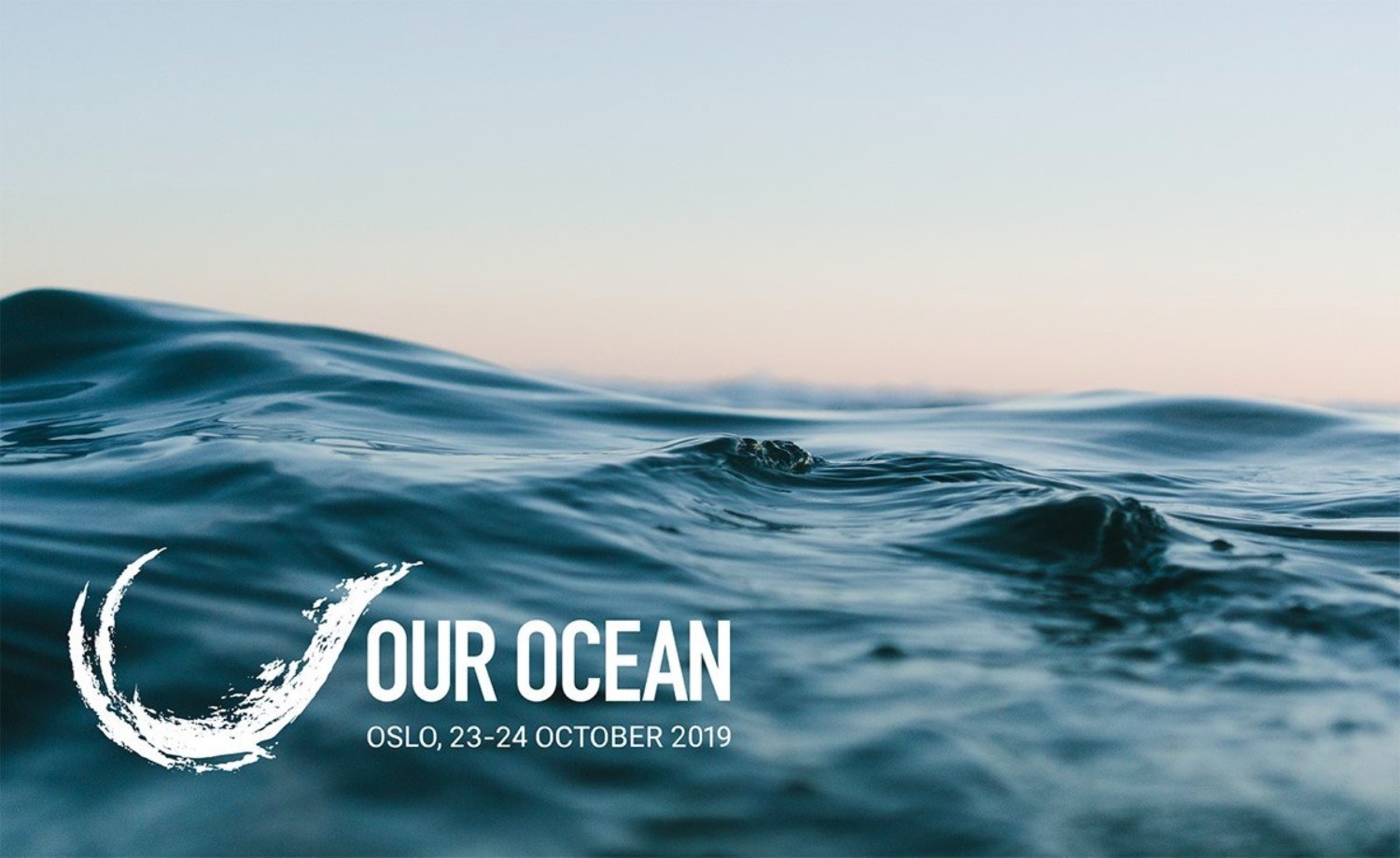Skretting commits USD 2 million in 2020 to develop alternative ingredients for aquaculture feed

As part of Skretting’s longstanding commitment to safeguard the world’s oceans, it has allocated USD 2 million to enable the development of alternative aquaculture feed ingredients in 2020. This voluntary pledge will be made at the 6th Our Ocean Conference (OCC), being held in Oslo on 23-24 October, with the aim to create clear pathways for these much-needed innovations to reach sufficient scale in order that they can deliver long-term value to aquaculture supply chains and end-consumers.
While the application of sustainable novel ingredients in aquafeeds – both through replacement and interchange – are recognised as a viable means to achieve this aim, the biggest challenge facing innovations in this space is reaching commercial scale.
Through its Mission of ‘Feeding the Future’, Skretting is focused on increasing the flexibility of the macro- and micro-ingredient inclusion in its aquaculture feeds. A key aspect of this ambition is development of the circular bioeconomy through the utilisation of proteins generated from the use of waste streams, and by- and co-products. This progress has already seen the group establish working relationships with and provide support to a number of start-up innovators.
“For aquaculture to meet its full potential, the sector will need access to sufficient volumes of these novel ingredients. At the same time, Skretting recognises that these technologies are only able to reach scale through collaborative efforts,” said Trygve B Lea, Sustainability Manager at Skretting. “This Our Ocean commitment is focused on overcoming this significant barrier and providing a fast-track to market for these innovations. The hope is for the first few novel raw material sources to achieve scale-up in 2020.”
This is not the first OOC commitment to be made by Skretting. In 2017, in partnership with the Peruvian National Fisheries Society, Cargill Aqua Nutrition and the Centre for Development and Sustainable Fisheries (CeDePesca), it announced the launch of a comprehensive Fishery Improvement Project (FIP) in Northern Humboldt Current System. This FIP is aimed at strengthening the research, management and sustainability in applying the ecosystem approach to the Peruvian anchovy (Engraulis ringens) stock, which is one of the most important single species fisheries worldwide.
Through Skretting’s support of the Our Ocean 2019 programme, Erlend Sødal, Skretting Global Operations Director, will join a panel of experts to focus on the topic of foods and livelihoods from the ocean. Specifically, this group will look at how to ensure access to sufficient, safe and nutritious foods from the ocean that meet dietary needs and food preferences for a growing population, as well as how to build food value chains that can deliver from healthy oceans to healthy people.
“It is a huge honour to be asked to contribute to this world-class forum, with the conference providing an ideal platform to share global insights, experiences and ambitions from Skretting and the aquaculture sector with a broad group of ocean leaders. It is clear that the farming of protein-rich, healthy aquatic foods such as fish and shrimp has a crucial role to play in meeting the nutritional needs of the planet, but alongside capitalising on aquaculture’s incredible potential, there’s also a fundamental obligation for all stakeholders to engage and make meaningful contributions to marine health,” said Sødal.
With the Vision to learn, share and act for a clean, healthy and productive ocean, Our Ocean 2019 has been organised by the Norwegian Ministry of Foreign Affairs and will be hosted by Foreign Minister Ine Eriksen Søreide. The conference will be attended by approximately 500 invited delegates from around the world, including heads of state, financial institutions, young leaders, civil society organisations and representatives from the scientific community.
OOC’s Mission is to build partnerships between government, industry, science and civil society, put knowledge, technology and finance into action to meet the challenges facing the ocean, and enable production and sustainable use to go hand in hand so that the ocean can continue to provide for the needs of future generations.